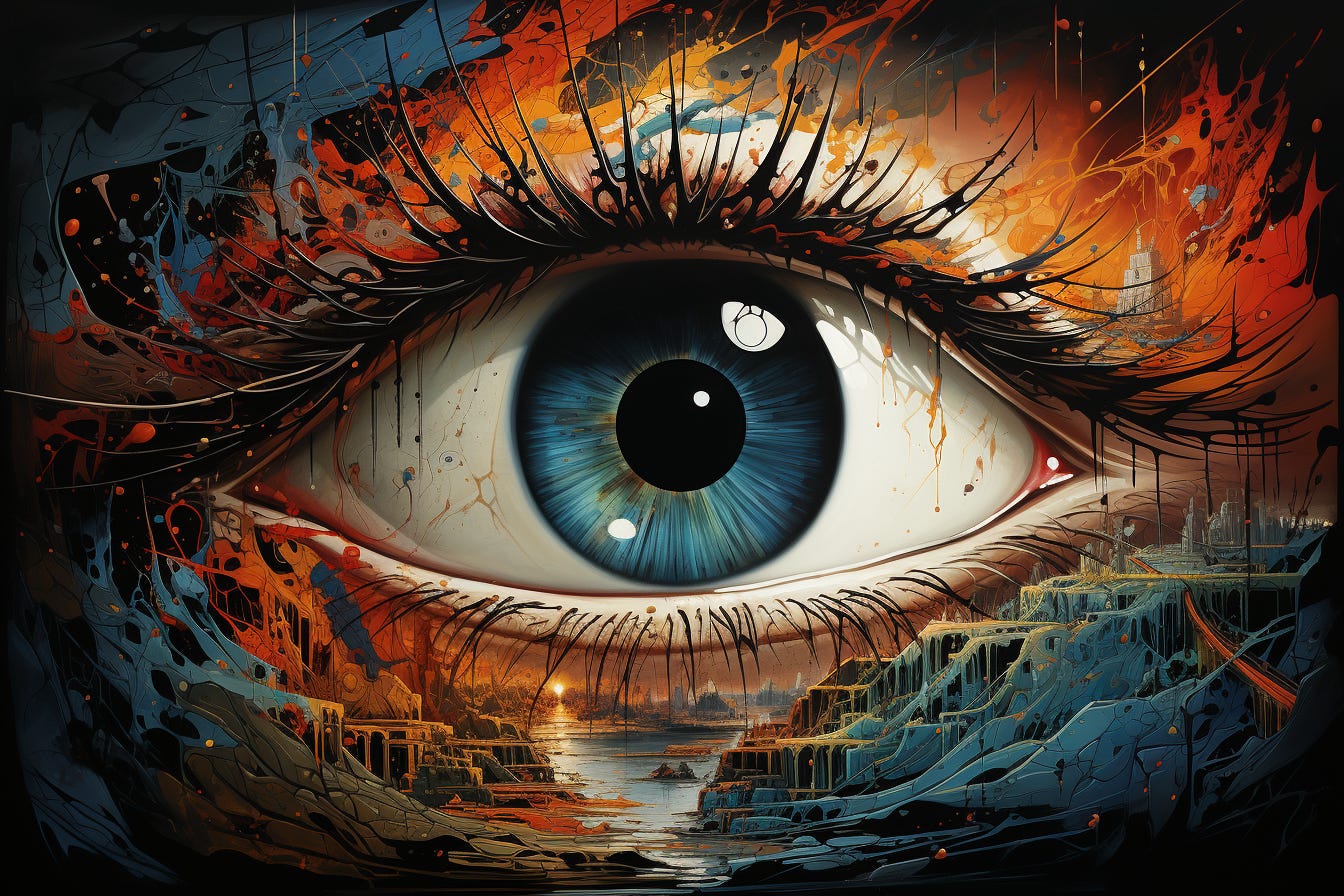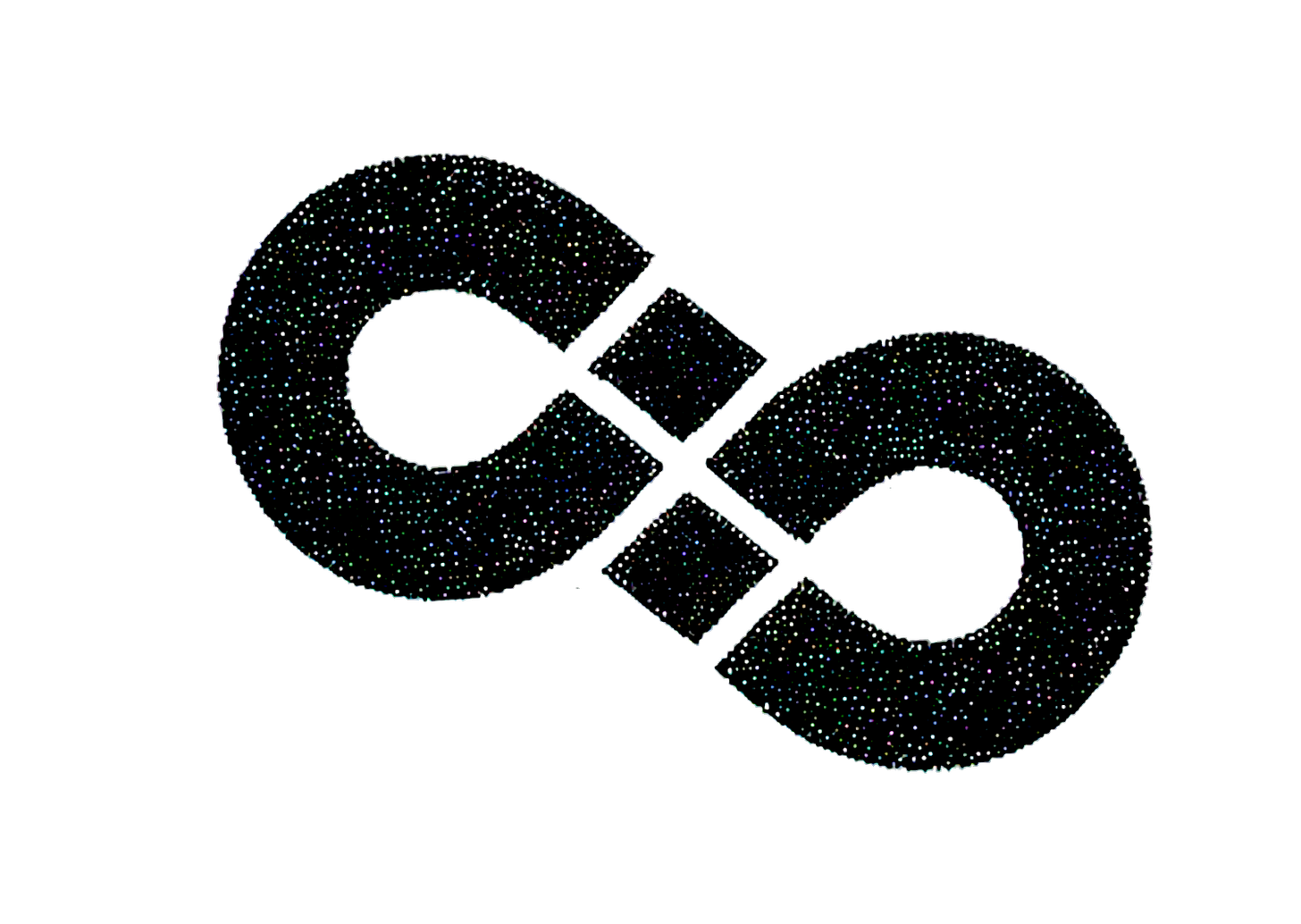Last week, I had a great Infinite Loops conversation with Chaotic Capital founder Julie Fredrickson (landing in your feeds tomorrow, 28 September).
One (of many) topics we discussed was how we can develop agency by upgrading our outdated internal programming (or what I call our “humanOS”). Here’s Julie:
“And the set of programming, I assume that I came in even straight out of my mother was… evolved to survive as an animal on the Savannah. And then it turns out a lot of that programming wasn't particularly useful. I have to go through and learn a whole set of histories and experiences, and I had to become a playable character in my own life. I had to develop my own agency. And so this idea that we are all programmed is true. We're all programmed not only by our biology, but the books we read, the people we talk to, everything is adding just a little bit to our programming.
Ahead of the release of our conversation, here’s an edited version of an old Twitter thread I wrote that touches on several similar themes.
I. You Become What You Focus On.
“I will face my fear. I will permit it to pass over me and through me. And when it has gone past I will turn the inner eye to see its path. Where the fear has gone there will be nothing.”
— Frank Herbert, Dune
If you can change your focus, you can change your future.
Don’t spend a minute worrying about something that you can’t control. If something can’t be changed by you taking direct action, put it out of your mind.
Today’s society is overrun with useless distractions that misdirect your attention—life is filled with focus being wasted on the trivial and unimportant. If you let them, these distractions will sap your mental and even physical energy. They will exhaust you by chasing what amounts to sugar highs.
You become what you focus on.
If you’re breathlessly awaiting the next up or down tick, you’re telling your brain that is what is important, and when you do this, you allow your emotions almost full control because they live in the here and now.
Think of something you reacted emotionally to a few months ago—you’re far more likely to think, “What the hell was I thinking?” Because now, the emotions have drained away and you can see more clearly once all the cortisol has cleared from your system.
Yet, much of our modern society is designed to elicit this emotional, short-term thinking and reacting. Look at media—especially those where you are a passive participant—and you will see daily attempts to stoke your fear and unmoor you.
In my lifetime, I have seen TV news go from being a relatively neutral 30-minute report of things that happened that day to 24 hours a day, 365 days a year of propaganda filled with narratives and talking points regardless of the dogma being sold. And they know what sells—fear:
“Humans are fear-based creatures. We are primarily emotional, and our ruling emotion is fear.”
— Jed McKenna
Fear, according to Frank Herbert in Dune, “is the mind-killer. Fear is the little death that brings total obliteration.” Only by understanding this and letting it “pass over me and through me” can we defeat it.
And the volume just keeps getting turned up. The world is ending in 30, no 20, no 10 years. Panic. Let your fear and outrage flow. When we let this seep into our brains, it directly impacts the quality of decisions we will make, and in many cases, this cacophony of fear and outrage serves as a silent assassin to making good choices.
II. Chasing Phantoms
“A great many people think they are thinking when they are merely rearranging their prejudices.”
— William James
In a world filled with noise, we often end up chasing phantoms. We are all socialized from birth with a million spoken and unspoken rules of society. Our family, our friends, our schools and our religious affiliations silently but efficiently fill us with notions and beliefs that we almost never question. There’s no great conspiracy here, it’s just the way society has always functioned.
The point is, many of us believe things that we’ve never questioned or even considered questioning. And, like a computer operating system that is badly programmed, our humanOS keeps leading us to suboptimal choices and results.
We come out of the womb with the software fully installed. It’s always puzzled me that so many just accept the default settings. Some of them are very good and keep us safe in dangerous situations, but the advance of society/technology has left us with antiquated software.
If we don’t confront and challenge our obsolete programmed beliefs, we may find ourselves surrendering our agency to others, be they family, friends, governments or social organizations.
Once we surrender agency, it becomes an easy step to see everything that happens to us as due to fate or some other entity outside ourselves. This is the hallmark of a victim mentality and robs you of controlling your own fate.
But how many of us truly challenge our embedded beliefs? William James said that “a great many people think they are thinking when they are merely rearranging their prejudices.” We are given every incentive to remain members of the herd who think the same thoughts and have the same prejudices and beliefs as our fellow members of society.
We are basically mimetic creatures who loathe either being or appearing to be different from our fellow humans. And thus, we let the programming run unchanged.
This is one of the biggest frustrations I have with behavioral finance. We’ve *known* about all of this for over 70 years. Book after book, article after article, explanation after explanation, have been published and published and read and read, and yet, very few of us manage to change our behavior.
I think knowing something ‘intellectually’ offers little help with our ability to truly understand our many failings and build systems and processes for minimizing their impact on us. The power of emotions, the power of narratives, and the power of self-deception are exponentially more powerful than a dispassionate and longer-term view and almost always win.
An ounce of emotions equals a pound of facts.
III. Breaking Free
“We are deterministic thinkers living in a probabilistic world. Hilarity or tragedy often ensue.”
To truly break free is both hard and frightening. We risk being ostracized and labeled heretics and apostates. The only person who can change you is YOU. If you want to truly succeed, you must begin to dig deep on all your beliefs and assumptions. You must challenge each one, no matter how basic. When we look at history, we see that most beliefs and commonly accepted “truths” were, in fact, wrong. Why should we be any different?
Don’t conflate what you believe with how you define yourself. When you let this happen, each question from either yourself or others is easily seen as a challenge to who you are as a person, hitting the very core of your identity. Feeling that you are being attacked at your very core leads every single defense mechanism to go up. Don’t let that happen. Start small. Examine things you believe to be true that nevertheless have little impact on your sense of self. You’ll find that many are wrong. Then move on, examining more and more important beliefs. Scary, but liberating.
I have come to a point where I happily believe most of my beliefs are wrong, yet some are useful. Looking at life as a series of probabilities, as opposed to absolutes, allows you to discard beliefs that are no longer useful and adopt new ones that are. Always aim to go further.
Once you get in the habit of changing your focus, you can truly change your future.
You’ve only got one life. This is not a dress rehearsal. Live it. Own it. The results of changing this process will amaze and delight you.
This is an edited version of a thread Jim shared on the App Previously Known As Twitter. Follow Jim on Twitter for more insights like these!





So so wonderful. Thank you.
To see everything clearly, what would it be like?
Well articulated Jim. Thanks!